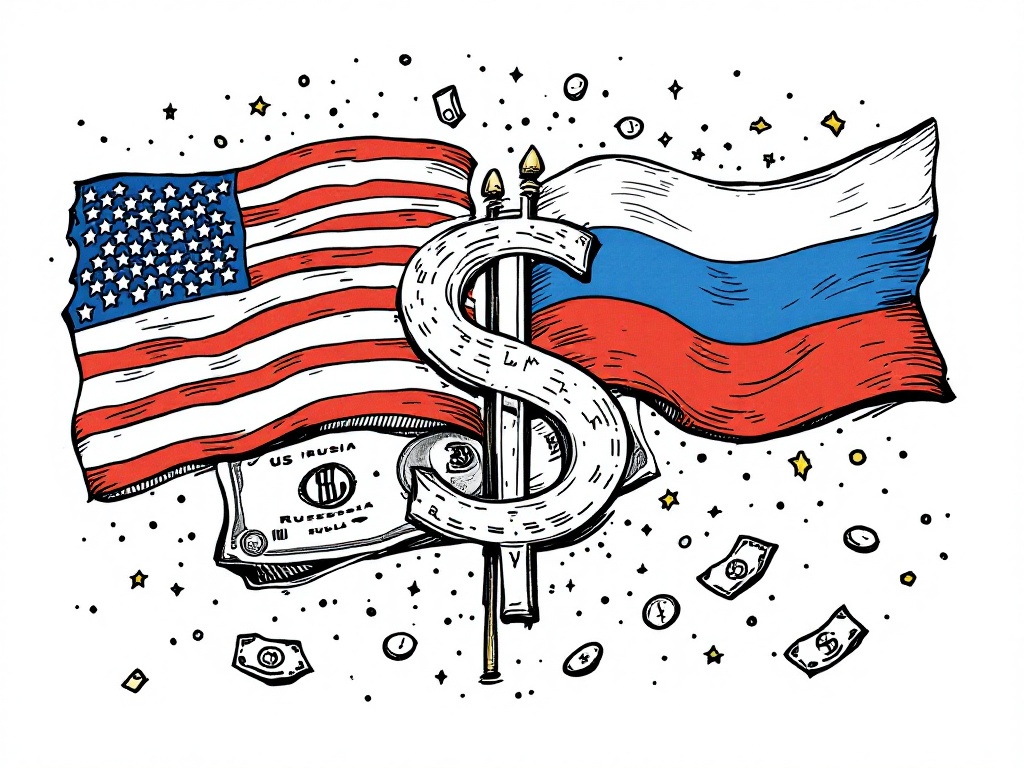U.S. Seizes Russian Assets to Fund $20 Billion Aid for Ukraine

Washington D.C., Wednesday, 11 December 2024.
The U.S. allocates $20 billion to Ukraine from seized Russian assets, ensuring Russia bears financial costs for its actions, ahead of Trump’s presidency, which may alter support.
Strategic Financial Move
In a significant development, the U.S. Treasury has transferred $20 billion to a World Bank fund for Ukraine [1], representing a portion of a larger $50 billion package agreed upon by G7 nations [1]. This funding comes from profits generated by frozen Russian assets, effectively making Russia finance its own opposition [1]. Treasury Secretary Janet Yellen emphasized that this approach ensures Russia bears the costs of its illegal war instead of U.S. taxpayers [1].
Impact and Allocation
The funds will be strictly limited to non-military purposes [1], as World Bank-managed money cannot be used for military operations. This support comes at a critical time, with nearly 70% of previous U.S. aid to Ukraine being spent within the United States or on U.S. forces [3]. The total U.S. commitment to Ukraine has reached approximately $174 billion by September 2024 [2], making the United States the largest absolute donor to Ukraine, though ranking 15th in terms of aid as a percentage of GDP [3].
Political Transition and Future Uncertainty
This financial move gains particular significance as President-elect Donald Trump prepares to take office [1]. Trump has indicated he would ‘probably’ reduce aid to Ukraine [4], marking a potential shift in U.S. support. The current administration is working to secure additional support before the transition of power on January 20, 2025 [5], with recent weeks seeing over $2 billion in additional military aid announced since Trump’s election victory [5].
Strategic Timing and International Context
The timing of this funding is crucial as Ukraine faces increasing pressure on multiple fronts, with recent reports indicating Russian forces retaking ground in eastern Ukraine [1]. The aid package forms part of a broader international effort, with the European Union committing more than €18 billion funded through similar mechanisms [1]. This support aims to maintain essential services and infrastructure in Ukraine, which Yellen describes as fundamental to the country’s resistance [1].